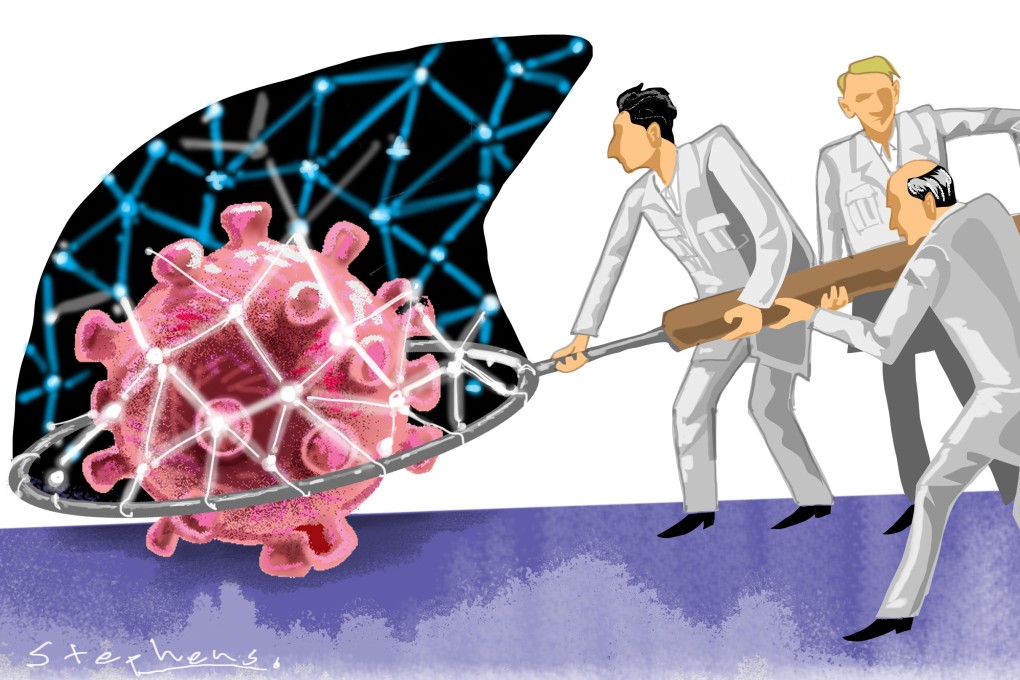Opinion | Coronavirus cooperation shows how the world is getting better at hunting down disease
- Compared to Sars in 2003, more is known about Covid-19, and more quickly, thanks to advances in science and technology and an improved awareness of the importance of data sharing and collaboration. And we continue to learn from current experience

Many things have changed since 2003 when severe acute respiratory syndrome struck mainland China and Hong Kong. There was much panic then, too. With the new coronavirus, which causes the disease known as Covid-19, there has been a magnitude of change, and more change is on the horizon even as we are unsure of the longer-term impact.
Hunting down diseases is about collaboration. When the then-unknown Sars reared its ugly head in 2003, the World Health Organisation activated its electronically linked global flu network, working with 11 top research laboratories around the world to identify the causative agent.
The network was a virtual global research lab with participating institutions from many countries, including three from Hong Kong. The priority was speed, as the virus was spreading quickly. If the WHO had to wait for each lab, working individually, to put forward its full findings, it would have taken too long.
Putting everyone to work together, sharing their findings, sped things up. The global network buzzed across time zones. Each day, there was a call which everyone joined. Genetic sequences, photographs and other data were posted on a secure team website. Chemicals required for experiments and cell cultures were shipped around the world within hours of a request.

